What do you do for the environment?
jlsch
last year
Featured Answer
Comments (85)
Jilly
last yearsheesh
last yearRelated Discussions
How do I improve my seed-starting environment?
Comments (2)Agreed. If you are handy, build a small free standing shelf (make sure it is 4' wide for the shop lights). To make a 2' by 4' shelf requires 5 2x4's and a sheet of plywood and some nails or screws. Even better if you have a place in a storage room or laundry room, where you can hang a couple shelves on the wall, or even better where shelves exist already. Anywhere you can screw in some eye hooks or hang the chains from the wire shelves that are in so many closets and laundry rooms now a days. Suspend the shop lights (...See MoreDo plants typically 'adapt' to their environment?
Comments (15)Good on you for taking on this task! It does look like you are off to a nice start. I'm not completely clear on what you are asking. A plant that needs certain conditions to grow well will always need those conditions, but some plants have a broader range of what can make them happy. Any garden will need some care. Mulch will break down and need replenishing, but depending on the type, once a year or even every other year is enough. You can keep weeds down by mulching everything with mulch that is slower in breaking down. For instance, if you use pine needles (often easy to find here in NH piled on the curb at this time of year) on your beds and chipped wood (befriend your local tree service) on the paths, everything will be mulched inexpensively or for free with weed-seed-free mulch, but your planting and walking areas will look different. I have areas that I weed only once or twice a year due to lots of mulch and what has by now become rather dense planting. Your perennials will look best if dead headed at least after frost in the fall and old foliage is clipped down in the spring before new growth starts. (I'm assuming that our NH snow will cover old foliage much of the winter, and leaving foliage seems to reduce spring frost heaving here in central NH.) As Tiffy noted, tulips won't perennialize well (adapt) but daffodils will. Put in a few with bulb fertilizer the first year, and after that they will pretty much take care of themselves in my experience, increasing slowly in areas with less optimal conditions, and increasing quickly in areas with great conditions. You can do trial by fire with the perennials - some things will like your conditions and do fine, while others may not. Having started with plants that are tolerant of less than ideal garden conditions, you've bettered your chances that they will do well. The ones that don't can be replaced by those that seem to like the conditions you offer. One thing I've learned from unfortunate experience with public plantings near the road - don't plant anything unusual or precious to you as things may disappear . . ....See MoreWhat do you do? Do you decorate your island top?
Comments (17)I like my fruit refrigerated except for bananas which I keep in a bag in a cupboard. I do have a 3 tiered stand that I use for tomatoes, garlic and my car keys but the island has a large wooden bowl that is mostly decorative. I usually remove it when I start to seriously cook. Not sure of the islands dimensions but 40" x 60" seems about right....See MoreWhat time do you wake up & what time do you to sleep/
Comments (29)Most of the time I wake up before my 5:30 AM alarm goes off. Up, turn on the TV, and the computer, get dressed, read email and the paper online while eating breakfast. Then, peek in here at the KT, and on facebook, and get ready to go to work. If I ride my bike I leave the house 15 minutes earlier than if I drive. I work till 1:30 PM officially, but most times don't get out till after 2:00 I return to my bed after the 10:00 PM news and start the whole fun scenario again. :) Moni...See MoreOllieJane
last yearlast modified: last yearJilly
last yearlast modified: last yearOllieJane
last yearlast modified: last yearpricklypearcactus
last yearOllieJane
last yearlast modified: last yearpricklypearcactus
last yearlast modified: last yearjust_terrilynn
last yearsheesh
last yearJilly
last yearlast modified: last yearjlsch
last yearUser
last yearlast modified: last yearTina Marie
last yearOllieJane
last yearlast modified: last yearUser
last yearlast modified: last yearJilly
last yearterezosa / terriks
last yearterezosa / terriks
last yearAnnie Deighnaugh
last yeararkansas girl
last year3katz4me
last yearlast modified: last yearteeda
last yearJilly
last yearlast modified: last yearjlsch
last yearjlsch
last yearlast modified: last yearZalco/bring back Sophie!
last yearAnnie Deighnaugh
last yearOlychick
last yearlast modified: last yearDLM2000-GW
last yearjust_terrilynn
last yearlast modified: last yearZalco/bring back Sophie!
last yearlast modified: last yearjust_terrilynn
last yearlast modified: last yearpricklypearcactus
last yearJilly
last yearAnnie Deighnaugh
last yearOlychick
last yearlast modified: last yearRenovator Girl
last yearbarncatz
last yearZalco/bring back Sophie!
last yearZalco/bring back Sophie!
last yearOlychick
last yearl pinkmountain
last yearlast modified: last year
Related Stories
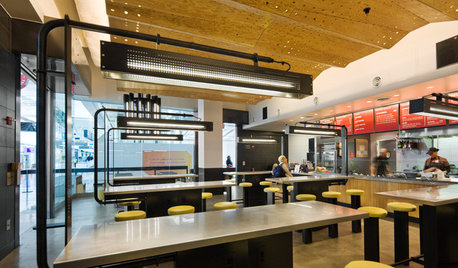
HOME TECHWhat Chipotle and Radiohead Can Teach Us About Sound Quality at Home
Contemporary designs filled with glass and concrete can be hostile environments for great sound quality. Here's how to fix that
Full Story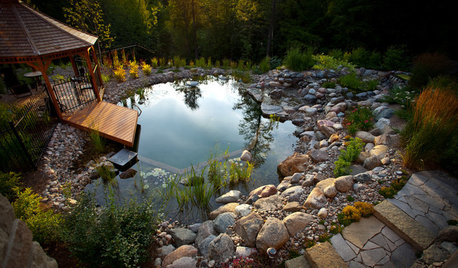
LANDSCAPE DESIGNNatural Swimming Pools: More Beauty, No Chemicals
Keep your skin and the environment healthy with a pool that cleans itself, naturally
Full Story
HOUZZ TOURSMy Houzz: An Aussie Home Mingles With Nature
This eco-friendly bushland retreat coexists beautifully with the surrounding environment, right down to its rammed-earth construction
Full Story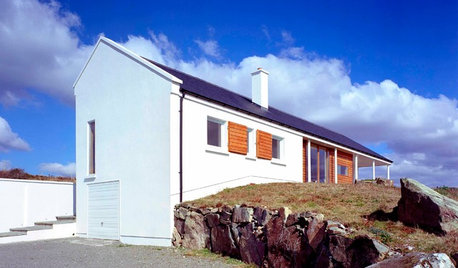
HOUZZ TOURSHouzz Tour: Rugged Irish Landscape, Serene Modern Weekender
This getaway home embraces its environment with windows that frame the views and thoughtful situating on its site
Full Story
GREEN BUILDINGHouzz Tour: The Goal? A Big Impression but a Small Footprint
This family home in Nevada City, California, embraces the environment with enthusiasm and style
Full Story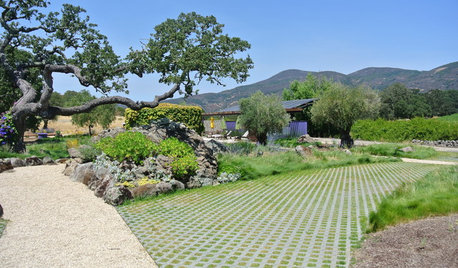
ARCHITECTUREBuilding Green: How to Plan Your Site for Healthier Living
Learn the many ways to create a more eco-friendly environment on your land
Full Story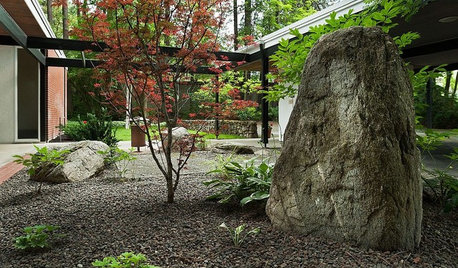
LANDSCAPE DESIGNDesign Icons: Lawrence Halprin
Lawrence Halprin's landscape architecture breathed life back into urban environments, with his designs considering the residents most of all
Full StorySponsored





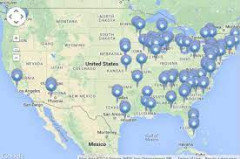



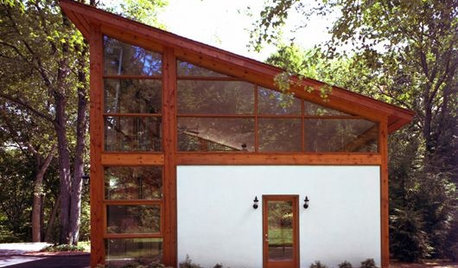

localeater